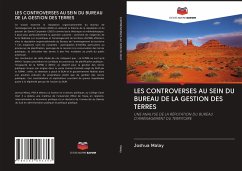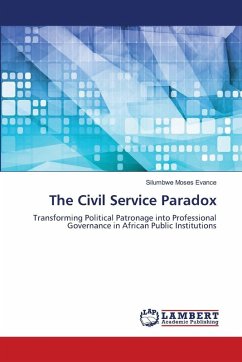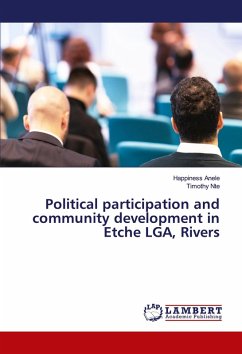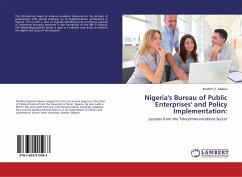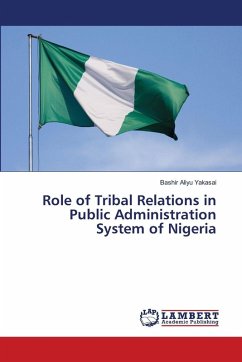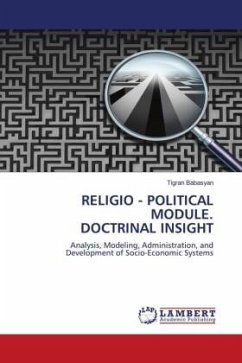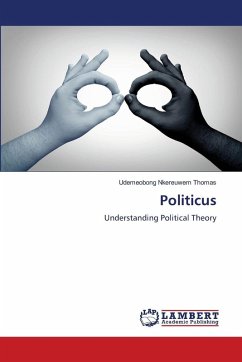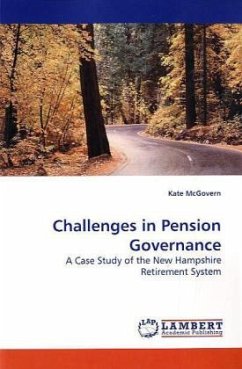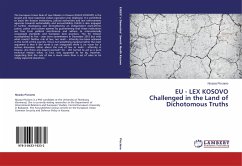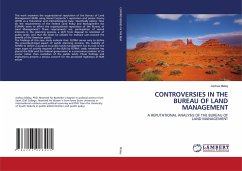
CONTROVERSIES IN THE BUREAU OF LAND MANAGEMENT
A REPUTATIONAL ANALYSIS OF THE BUREAU OF LAND MANAGEMENT
Versandkostenfrei!
Versandfertig in 6-10 Tagen
34,99 €
inkl. MwSt.

PAYBACK Punkte
17 °P sammeln!
This work examines the organizational reputation of the Bureau of Land Management (BLM) using Daniel Carpenter's reputation and power theory (2010) as a theoretical and methodological base. Specifically asking: How do the requirements of the Federal Land Policy and Management Act (FLPMA) serve to affect the organizational reputation of the Bureau of Land Management? These requirements are: participation of vested interests in the planning process, a shift from disposal to retention of public lands, and that the lands be utilized for multiple uses toward the benefit of the American public. The ...
This work examines the organizational reputation of the Bureau of Land Management (BLM) using Daniel Carpenter's reputation and power theory (2010) as a theoretical and methodological base. Specifically asking: How do the requirements of the Federal Land Policy and Management Act (FLPMA) serve to affect the organizational reputation of the Bureau of Land Management? These requirements are: participation of vested interests in the planning process, a shift from disposal to retention of public lands, and that the lands be utilized for multiple uses toward the benefit of the American public. The findings of this case study indicate that: FLPMA serves only to define the procedural-legal aspect of public planning process; the inability of FLPMA to define a purpose to public lands management has its root in the large scope of activity required of the BLM by FLPMA; lastly, retention has placed the BLM and the federal government in a precarious position of an owner rather than custodian of the public lands. These findings and implications present a serious concern for the perceived legitimacy of BLM action.



